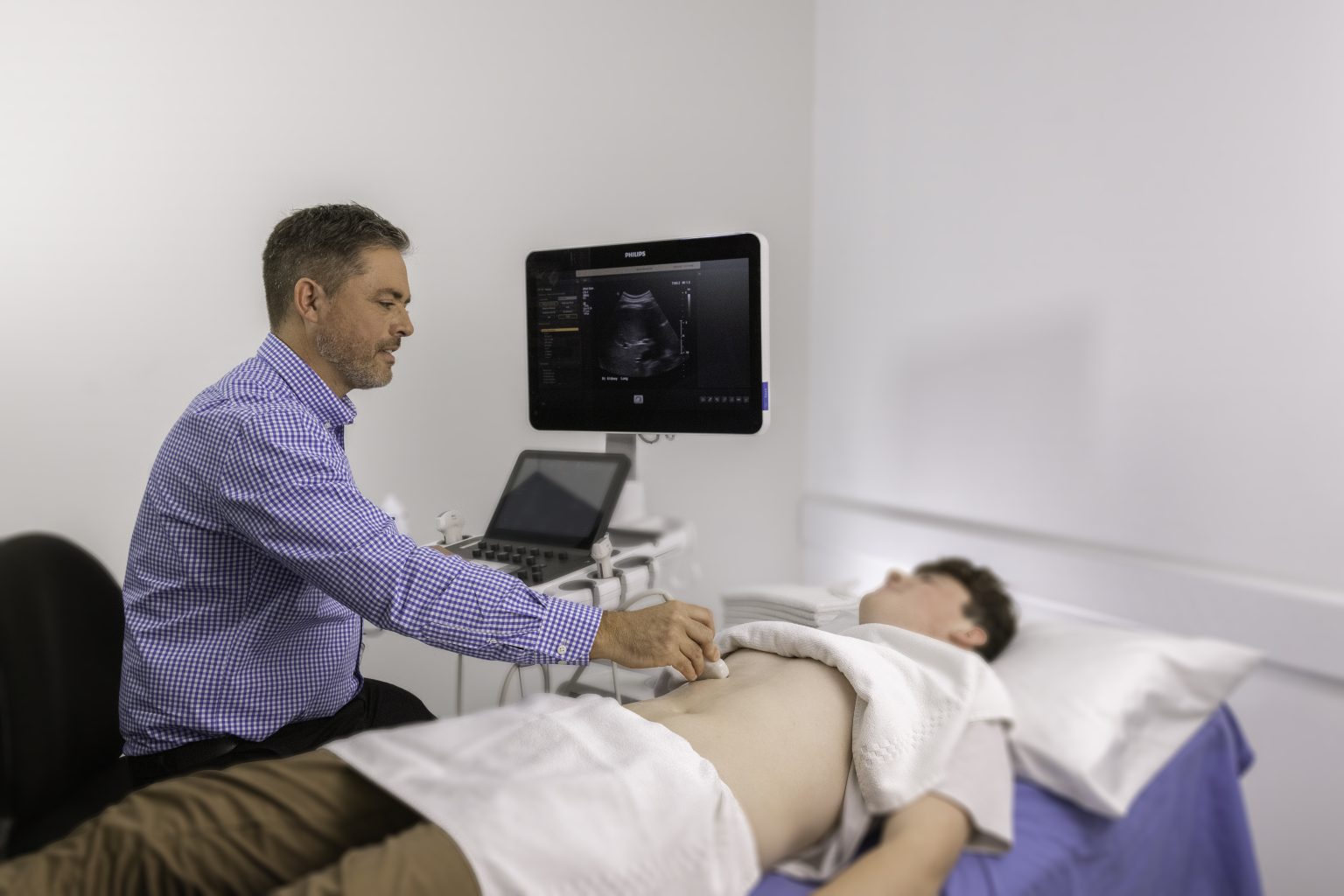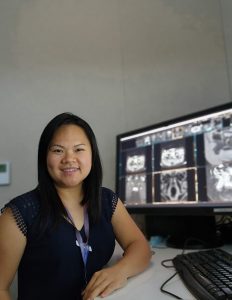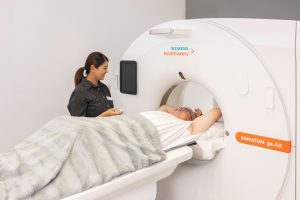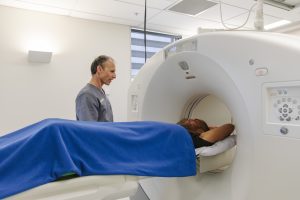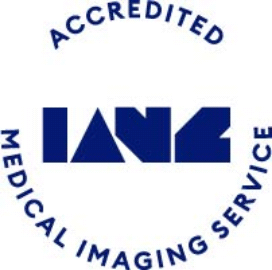Do you know someone who has kidney disease? March is National Kidney Month and this year the Kidney Foundation are encouraging people to start a conversation about what it means to live with kidney failure and consider kidney donation. Kidney donation not only improves the quality of life for those who receive the precious organ, but also improves life expectancy.
There are currently around 600 people on the kidney donation waiting list in New Zealand, but only about 130 people donated a kidney last year.
Sometimes people assume they can only donate a kidney following death, but providing you and both of your kidneys are healthy, you may be able to become a ‘living donor’ and donate to someone in need. Whether you’re considering live donation or wanting to ensure that your organ donation wishes are considered after you die, it’s really important to talk about it with your loved ones.
As for your own kidney health, it is absolutely vital to your overall wellbeing.
Kidneys:
- remove waste products from the body
- remove drugs from the body
- balance the body's fluids
- release hormones that regulate blood pressure
- produce a form of vitamin D that promotes strong, healthy bones
- control the production of red blood cells.
Your GP can advise you on how to look after your own kidney health and can also assess you for risks of developing kidney disease. If required they may send you for blood and urine tests to check for this often silent disease. Sometimes people are referred for imaging to further investigate their kidneys. Most commonly this involves an ultrasound, which is good at looking for any previous kidney damage, kidney stones or blockages and sometimes tumours. Ultrasound is a good screening tool to help your GP manage your kidney health. Less frequently other imaging such as CT or MRI scans may be requested. CT scans are very good at assessing kidney stones and tumours and MRI is mainly used for looking at the blood vessels feeding the kidney to make sure they aren’t narrowed or blocked. These more complicated tests are usually ordered by a specialist following a referral from your GP.


